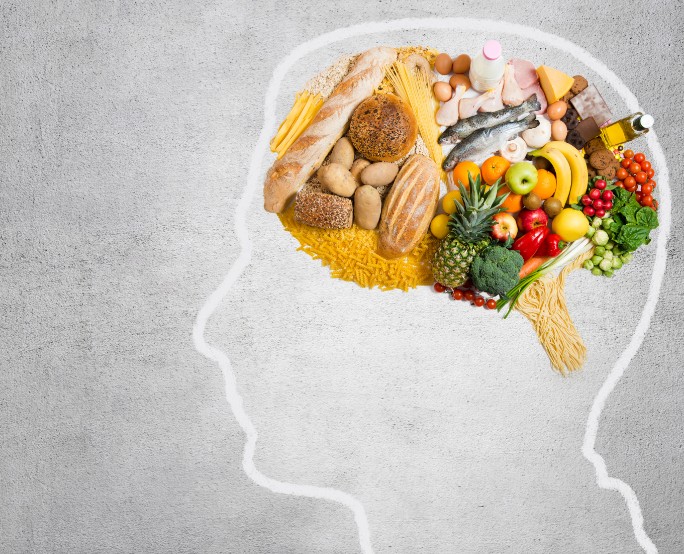It's All in Your Head: What Does Our Brain Really Need?
This time, we focus on brain function. Many believe our bodies can handle anything we feed them, neglecting what they truly need, leading to discomfort. Poor nutrition can impair the nervous system, potentially causing ADHD, depression, anxiety, OCD, Tourette syndrome, and epilepsy.

Many believe our bodies are ready to handle anything we feed them, neglecting the necessary nutrients, only to later be surprised when we feel unwell. This time, I would like to address what we consume and deny our bodies, with an emphasis on the brain.
"Do you treat different forms of epilepsy?" one asked me. "Do you treat Tourette syndrome?" asked another.
These and other phenomena are various symptoms of central nervous system dysfunctions that include the brain. The nervous system is a complex network based on communication between nerve cells, enabling different commands to travel from the brain to various parts of the body. Disorders related to the nervous system are symptoms indicating communication failures between nerve cells, explaining symptoms like ADHD, depression, anxiety, OCD, and many more. What is crucial for effective nerve cell communication in the body?
Just like an electrical wire wrapped in plastic, our nerve cells are enveloped by a sheath called myelin, which electrically insulates, protects, and nourishes the nerve. The quality of communication between nerve cells depends on the quality of the myelin sheath's structure.

What determines the quality of a nerve cell? Myelin is made from two types of oils: omega-3 and omega-6. The ratio between the two should be at least 1:4 in favor of omega-6, but ideally, it should be reduced to 1:2 for omega-6. However, in today's modern diet (high in omega-6), the ratio is 1:10 and can reach 1:30 in favor of omega-6. The issue is that omega-6, also known as 'arachidonic acid,' promotes inflammatory processes in the body. Hence, when omega-6 fatty acid levels rise, the immune system kicks in and attacks fatty areas, including the nervous system, leading to decreased nerve conductivity and communication issues between nerve cells, which is the basis for various nervous system disorders.
In light of this, several actions must be taken to halt the process, and I will give two examples: A. Minimize the consumption of foods rich in omega-6, such as animal protein, processed foods like deli meats, and refined oils such as soybean and canola oil. B. Strengthen omega-3 fatty acid levels by consuming leafy greens, nuts, and more. Additionally, it is advisable to take omega-3 supplements. (I will write more on recommended options later).
Thus, avoiding harmful food and, conversely, consuming the right foods can prevent and, if necessary, treat various nervous system-related symptoms.
Eliahu Shechter is an iridologist and natural therapist

